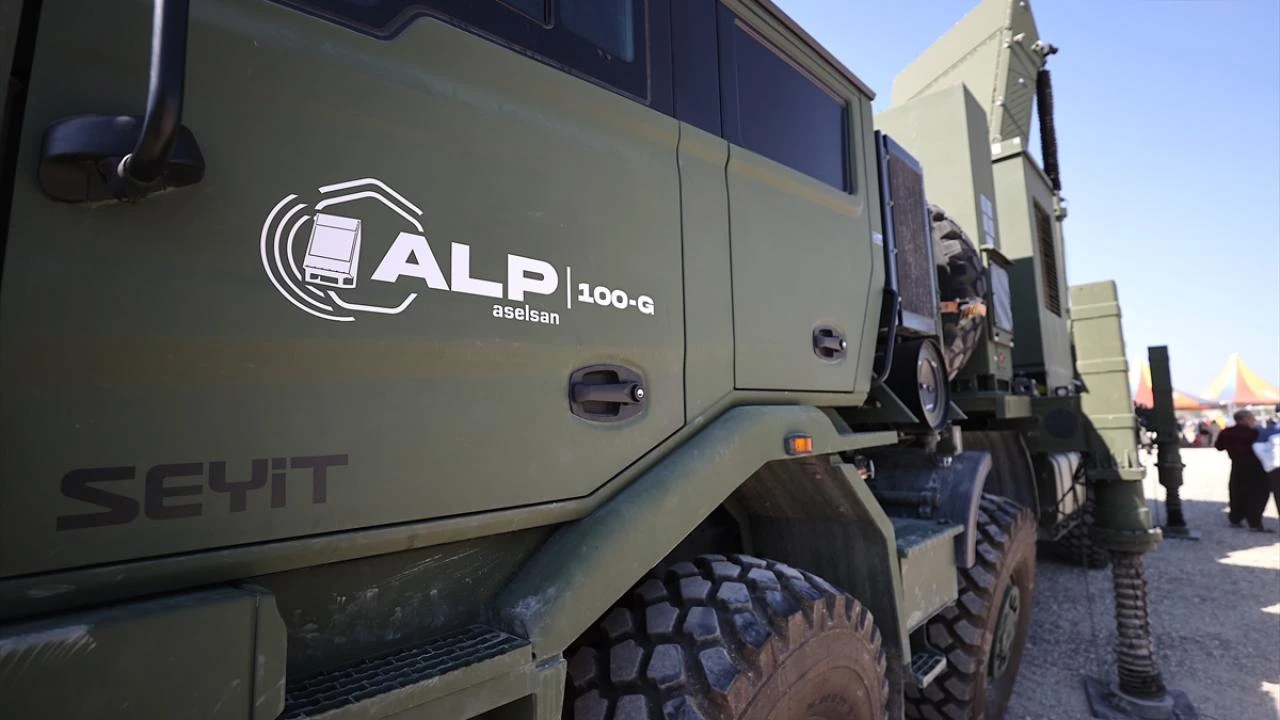Hezbollah open to disarmament talks if Israel withdraws from Lebanon
 Thousands of mourners gather at Camille Chamoun Sports City Stadium for the funeral of former Hezbollah chief Hassan Nasrallah in Beirut, capital of Lebanon, Feb. 23, 2025. (AA Photo)
Thousands of mourners gather at Camille Chamoun Sports City Stadium for the funeral of former Hezbollah chief Hassan Nasrallah in Beirut, capital of Lebanon, Feb. 23, 2025. (AA Photo)
A senior Hezbollah official has told Reuters that the group is willing to engage in discussions about its weapons with Lebanon’s president—if Israel withdraws from five contested positions in southern Lebanon and halts ongoing military strikes.
The development signals a potential shift in the regional balance of power, as Hezbollah considers dialogue over its arms for the first time in years amid rising internal and international pressure.
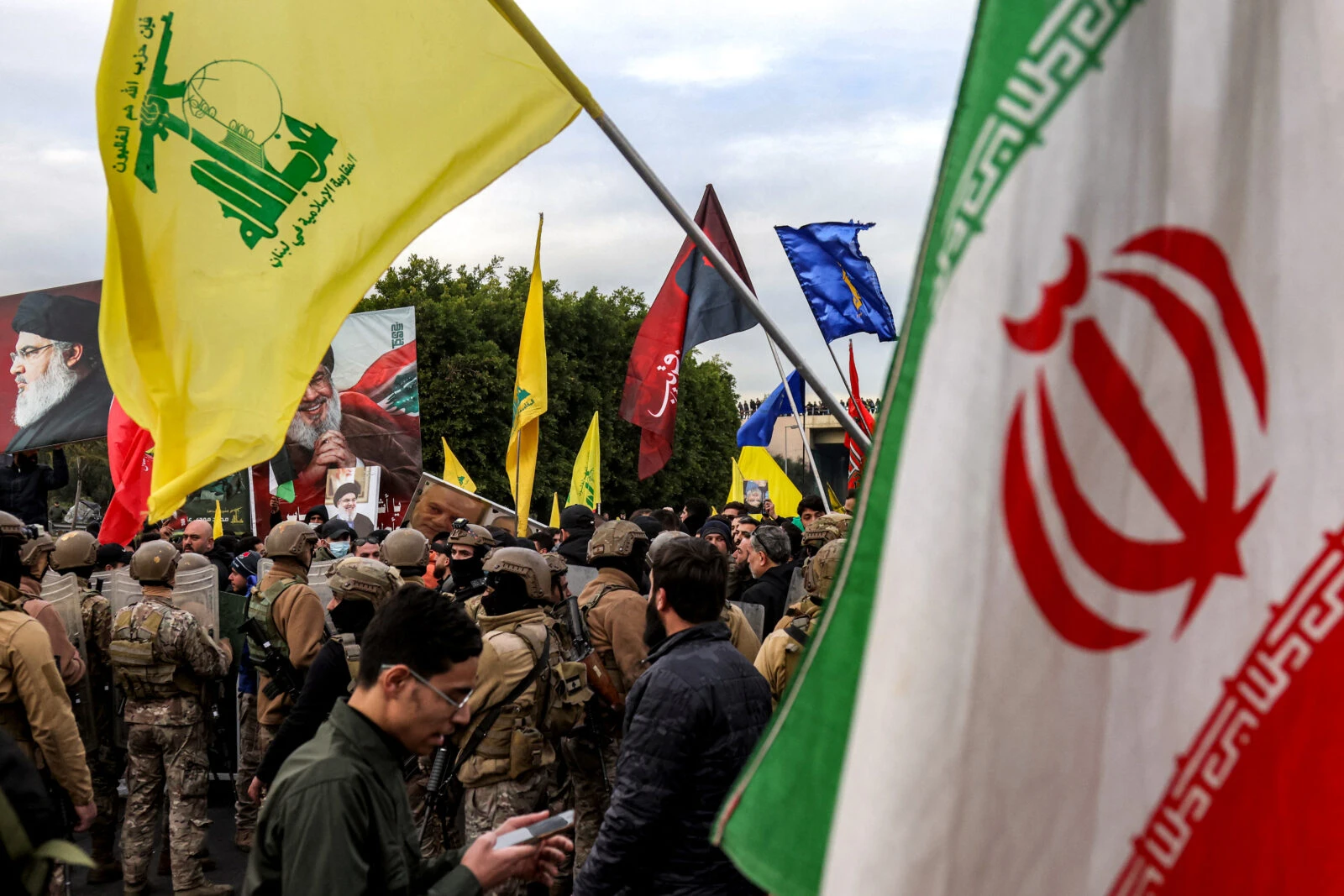
Hezbollah conditions disarmament talks on Israeli withdrawal
The senior Hezbollah figure, speaking on condition of anonymity due to political sensitivities, said the group is ready to discuss its arsenal within the framework of a national defense strategy.
However, this depends on Israel vacating its remaining military positions in southern Lebanon.
“Hezbollah is ready to discuss the matter of its arms if Israel withdraws from the five points, and halts its aggression against Lebanese,” the official said.
Israel, which deployed troops in southern Lebanon during the 2024 war, has mostly pulled back but retains control of five strategic hilltops.
Israeli officials have stated that these positions will be handed to the Lebanese army once security conditions permit.
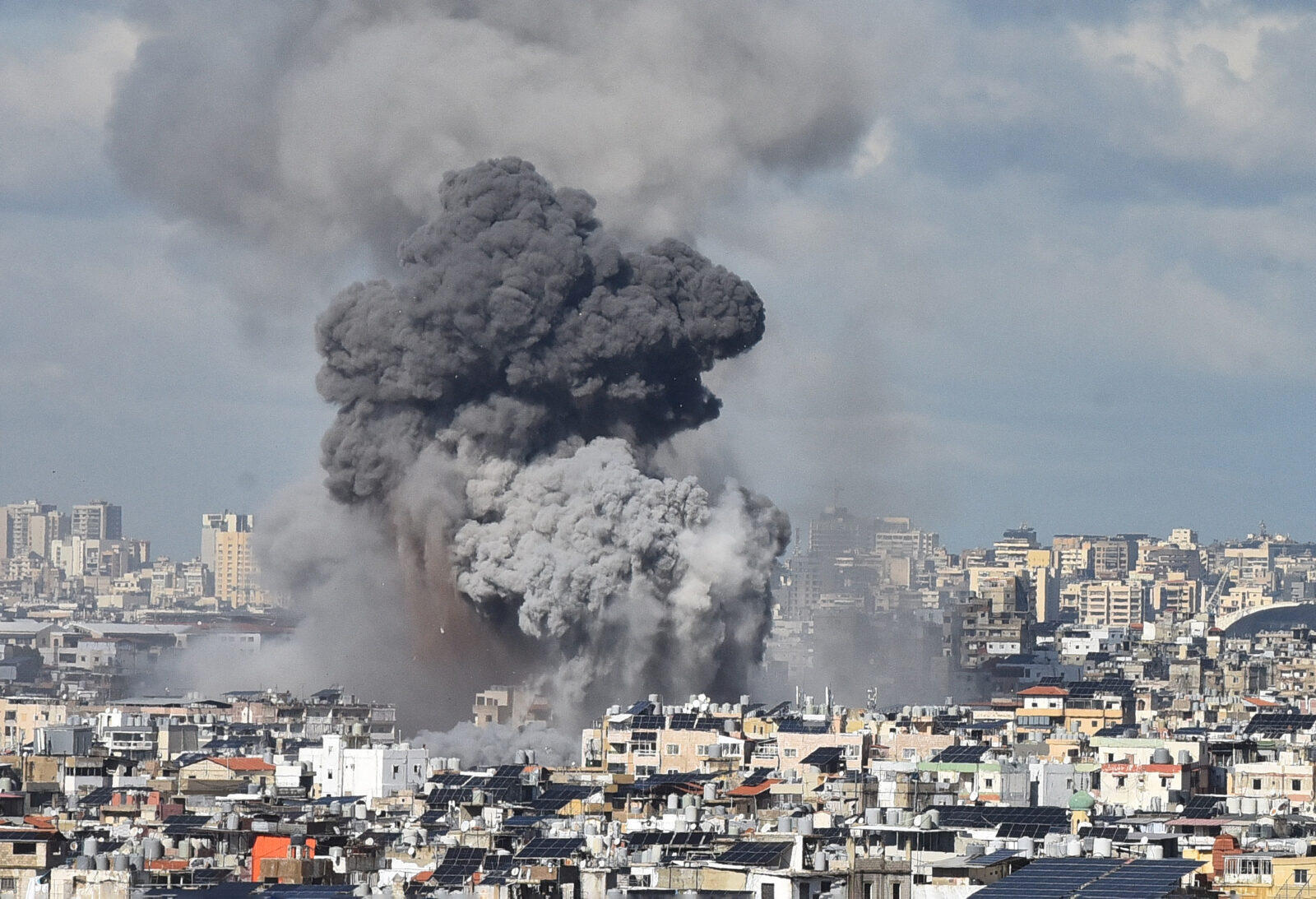
Lebanese President plans to launch disarmament dialogue
Lebanese President Joseph Aoun, backed by the United States, has declared his intention to establish a state monopoly over all arms.
Since taking office in January, Aoun has committed to initiating talks with Hezbollah regarding its arsenal, according to three political sources.
Aoun has emphasized that any effort to disarm Hezbollah must come through dialogue, warning that forced disarmament could lead to renewed conflict.
Lebanese officials say preparations are underway to open communication channels to study the transfer of Hezbollah’s weapons to state control.
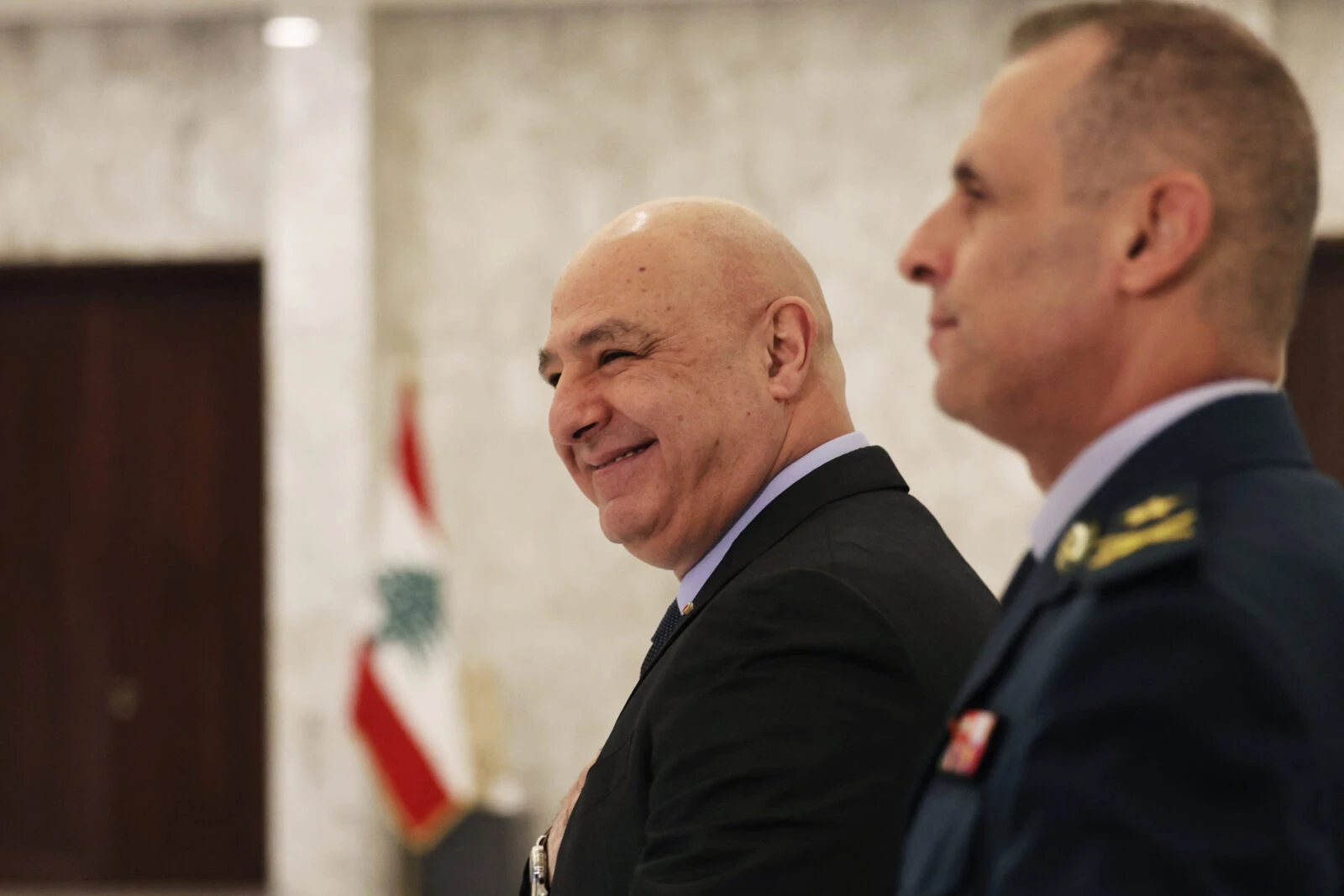
Hezbollah weakened after 2024 conflict and Syrian shift
Hezbollah’s military strength has significantly eroded following the 2024 war with Israel, which saw the loss of key commanders, thousands of fighters, and a large portion of its rocket arsenal.
Its strategic vulnerability increased further with the fall of Syrian President Bashar al-Assad, severing land supply routes from Iran.
The ceasefire that has been in place since November has not stopped Israeli airstrikes, which continue to target Hezbollah positions.
Washington has also reiterated its demand that Hezbollah and other non-state armed groups disarm.
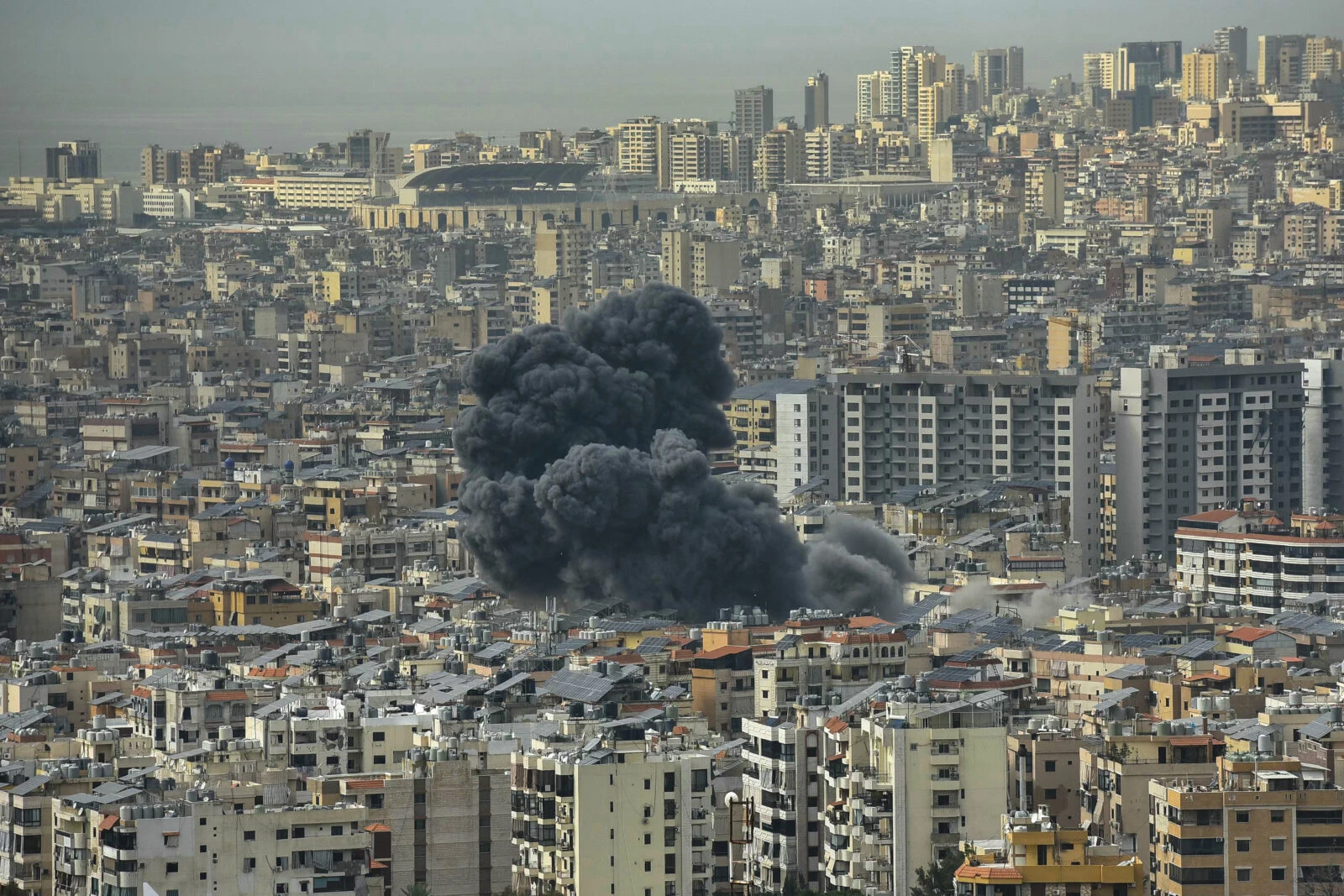
Iran-backed militias and regional disarmament pressure
Hezbollah has historically resisted disarmament, arguing that its weapons are essential for Lebanon’s defense against Israel.
However, recent reports indicate a wider trend among Iranian-backed militias.
Reuters reported this week that several groups in Iraq are now open to disarming to avoid direct confrontation with the Trump administration.
U.S. envoy Morgan Ortagus, who visited Beirut over the weekend, stated that the Lebanese army is expected to lead the disarmament of Hezbollah. “It’s clear that Hezbollah has to be disarmed, and it’s clear that Israel is not going to accept terrorists shooting at them,” Ortagus said.
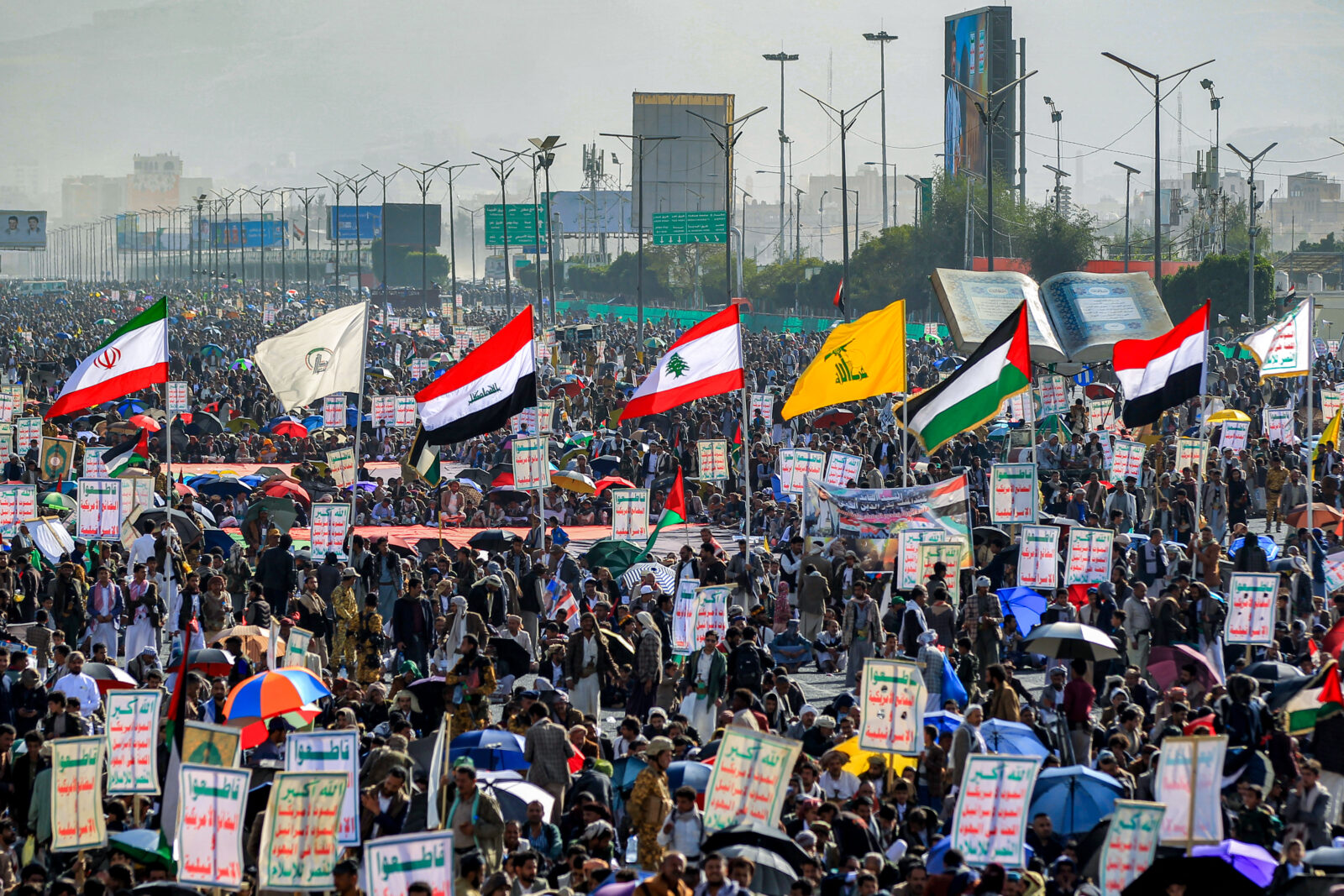
Calls for a disarmament timetable and legal pathway
Kamal Shehadi, a cabinet minister aligned with the anti-Hezbollah Lebanese Forces party, said a formal timetable should be adopted.
He noted that post-civil war disarmament efforts provide a precedent and that a six-month timeframe is reasonable.
“We’re going to keep asking for it,” Shehadi told Reuters, adding that he and other ministers plan to push the defense ministry to draft an official plan.
Parliament Speaker Nabih Berri, a key Hezbollah ally, is reportedly playing a mediating role in discussions.
Hezbollah may relinquish weapons north of Litani
According to two sources familiar with Hezbollah’s internal discussions, the group may consider handing over its more advanced weapons, including drones and anti-tank systems, located north of the Litani River.
The current U.S.-brokered ceasefire stipulates that the Lebanese army must dismantle all unauthorized armed groups and facilities, starting with regions south of the Litani.
Hezbollah leader Naim Qassem recently said the group has no active military presence south of the river and has observed the ceasefire, accusing Israel of violating it regularly.
While signaling openness to diplomatic solutions, Qassem warned that “the resistance is present and ready” if Israel fails to meet the terms of the ceasefire.



